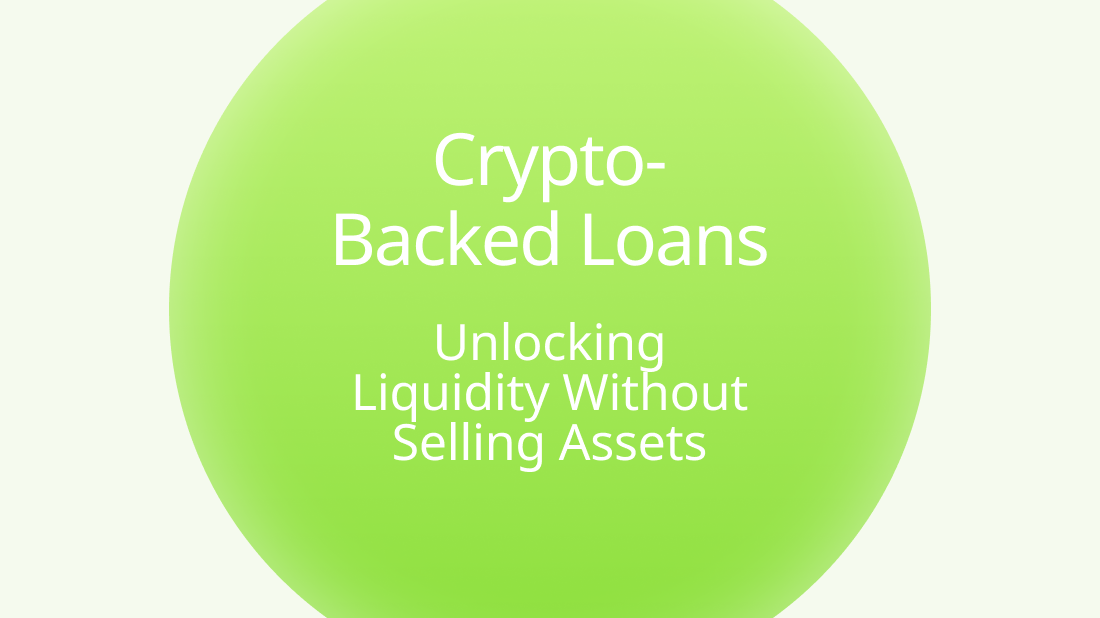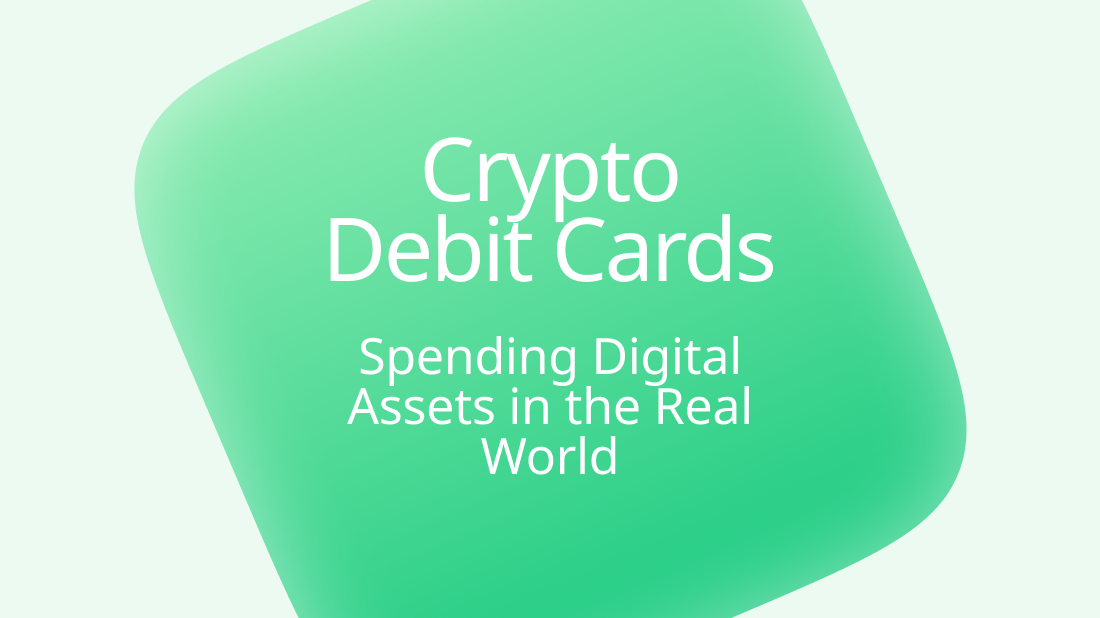Crypto ESG Investing

As the cryptocurrency market matures, investors are increasingly seeking investments that align with their values, particularly in environmental sustainability, social responsibility, and strong governance practices. This trend, known as ESG (Environmental, Social, and Governance) investing, is gaining momentum in the crypto space. This article explores the rise of ESG investing in cryptocurrencies, its benefits, and how investors can build socially responsible crypto portfolios.
ESG investing integrates environmental, social, and governance factors into investment decisions. It focuses on projects and companies that exhibit sustainable and ethical practices, aiming to generate long-term financial returns while creating positive social and environmental impacts.
The Rise of ESG in Crypto
The crypto industry, often criticized for its environmental impact and governance issues, is seeing a shift towards ESG principles. Investors are now demanding greater transparency, sustainability, and social responsibility from crypto projects.
Environmental: Sustainable Finance
Reducing Carbon Footprint: One of the primary environmental concerns in the crypto space is the high energy consumption of Proof of Work (PoW) mining, especially for Bitcoin. Projects like Ethereum are transitioning to Proof of Stake (PoS) consensus mechanisms, which significantly reduce energy usage.
Example: Chia Network: Chia Network uses a Proof of Space and Time consensus mechanism, which is less energy-intensive than traditional PoW, making it a more environmentally friendly option.
Promoting Renewable Energy: Several crypto projects are now leveraging renewable energy sources for mining and operations.
Example: SolarCoin: SolarCoin rewards solar energy producers with tokens, incentivizing the generation of clean energy. Each megawatt-hour of solar electricity produced earns the generator one SolarCoin, fostering the adoption of renewable energy.
Social: Ethical Investment Strategies
Financial Inclusion: Cryptocurrencies have the potential to enhance financial inclusion by providing access to financial services for unbanked and underbanked populations.
Example: Celo: Celo is a blockchain platform focused on increasing financial inclusion by making financial tools accessible via mobile phones, helping bridge the financial gap in developing regions.
Social Impact Projects: Investors are also looking at projects that contribute to social causes, such as education, healthcare, and disaster relief.
Example: GiveCrypto: GiveCrypto, a nonprofit initiative by Coinbase, distributes cryptocurrency directly to people in need, helping recipients gain financial stability and participate in the digital economy.
Governance: Strong Governance Practices
Transparency and Accountability: Good governance practices are crucial for building trust and ensuring the longevity of crypto projects. Investors prioritize projects with transparent operations, clear governance structures, and accountable leadership.
Example: MakerDAO: MakerDAO, the organization behind the DAI stablecoin, operates through a decentralized autonomous organization (DAO), allowing DAI holders to vote on key decisions, ensuring transparency and community involvement in governance.
Regulatory Compliance: Compliance with regulatory standards is essential for long-term sustainability and legitimacy in the crypto market. Projects that adhere to legal requirements and ethical standards are more likely to gain investor confidence.
Building Socially Responsible Crypto Portfolios
Identifying ESG-Friendly Projects: To build a socially responsible crypto portfolio, investors should research projects thoroughly, focusing on their ESG credentials. Key factors to consider include energy consumption, social impact, governance structure, and regulatory compliance.
Diversification: Diversification is a fundamental strategy for risk management. By investing in a mix of ESG-friendly crypto assets, investors can reduce exposure to any single project's risks and enhance overall portfolio stability.
Long-Term Perspective: ESG investing often involves a long-term perspective, as the benefits of sustainable and ethical practices may take time to materialize. Investors should be patient and committed to their values-driven investment approach.
The Future of ESG Investing in Crypto
The demand for ESG-compliant crypto investments is expected to grow as more investors become aware of the importance of sustainability and social responsibility. Advancements in blockchain technology can further support ESG initiatives, such as energy-efficient consensus mechanisms and transparent governance through smart contracts. Industry collaboration and standardized ESG criteria for crypto projects can help investors make informed decisions and contribute to a sustainable future for the crypto industry.
Conclusion
Crypto ESG investing is transforming digital finance, aligning investments with environmental, social, and governance goals. By prioritizing projects that demonstrate strong sustainability practices and social responsibility, investors can contribute to a more ethical and sustainable future. As the crypto market evolves, integrating ESG principles will play a crucial role in shaping a responsible and impactful financial ecosystem.












